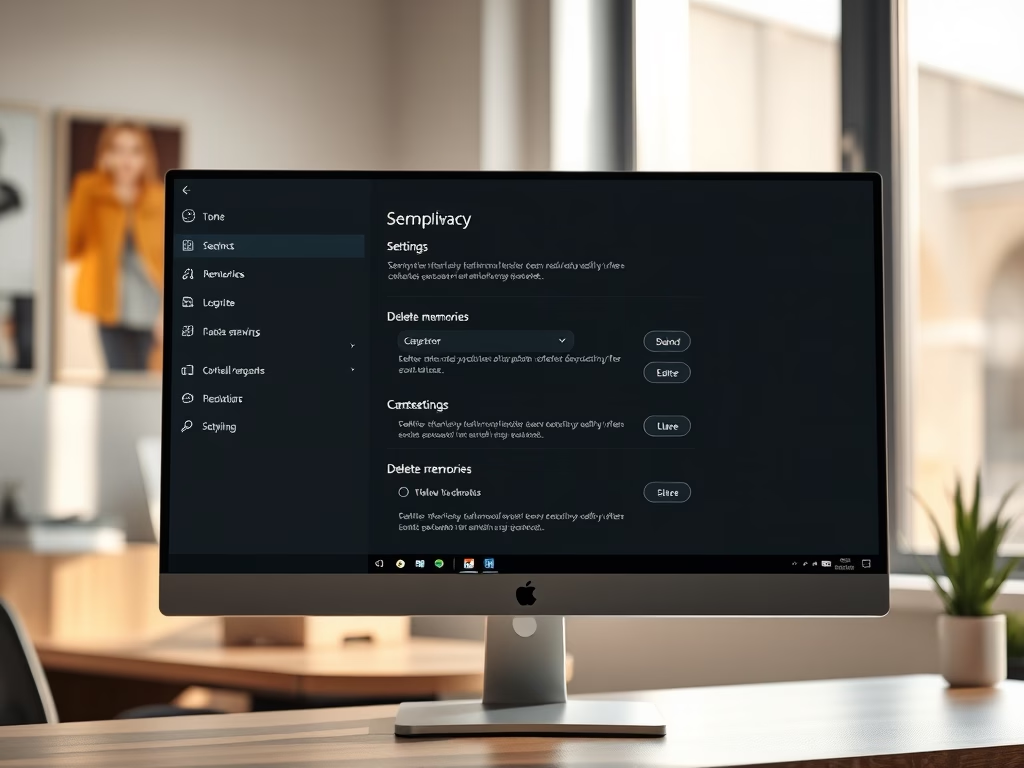This brief tutorial will show students and new users how to install the Cezerin eCommerce platform on Ubuntu 16.04 | 18.04 and 18.10 systems.
Cezerin eCommerce is a leading open-source eCommerce platform built with React and Node. It makes it super easy to develop and host your online storefront and sell your products directly to your customers.
If you want an open-source eCommerce platform that is scalable and performs at a high level, then Cezerin is an excellent place to start. Cezerin is built on an open-source core with support for open standards, which might be very useful in helping you run your digital content.
With its high-quality Progressive Web App features, you will delight your users and customers, improving engagement and thus increasing conversions.
For more about Cezerin, please check their Homepage
- Node.js
- MongoDB
Install Node
You’ll need to install some dependencies to install Ruby and Rails on Ubuntu. To make that happen, install Node.js and Yarn repositories. This will make installing the dependencies easier.
First, install these curl and git packages.
sudo apt update sudo apt install curl git
Then, run the commands below to add Node.js and Yarn repositories and keys to your system. Then, install some core packages to get your environment going.
curl -sL https://deb.nodesource.com/setup_10.x | sudo -E bash - curl -sS https://dl.yarnpkg.com/debian/pubkey.gpg | sudo apt-key add - echo "deb https://dl.yarnpkg.com/debian/ stable main" | sudo tee /etc/apt/sources.list.d/yarn.list sudo apt-get update sudo apt-get install nodejs yarn zlib1g-dev build-essential libssl-dev libreadline-dev libyaml-dev libsqlite3-dev sqlite3 libxml2-dev libxslt1-dev libcurl4-openssl-dev software-properties-common libffi-dev
When you’re done. Continue below:
Install MongoDB Database Server
Now that Node.js is installed follow these steps to install MongoDB.
MongoDB is available via Ubuntu default repositories. However, installing from Ubuntu default repositories might not necessarily install the latest version.
To install MongoDB default repository, run the commands below to add its default repository GPG key.
sudo apt-key adv --keyserver hkp://keyserver.ubuntu.com:80 --recv 9DA31620334BD75D9DCB49F368818C72E52529D4
After that, run the commands below to add its repository file.
echo "deb [ arch=amd64 ] https://repo.mongodb.org/apt/ubuntu bionic/mongodb-org/4.0 multiverse" | sudo tee /etc/apt/sources.list.d/mongodb-org-4.0.list
When you’re done, run the commands below to install
sudo apt-get update sudo apt-get install mongodb-org
That should install the latest version of MongoDB
After installing MongoDB, these commands can stop, start, and enable the MongoDB service to start up when the server boots automatically.
sudo systemctl stop mongod.service sudo systemctl start mongod.service sudo systemctl enable mongod.service
To check MongoDB status, run the commands below:
sudo systemctl status mongod.service
You should see similar lines below:
● mongod.service - MongoDB Database Server
Loaded: loaded (/lib/systemd/system/mongod.service; enabled; vendor preset: enabled)
Active: active (running) since Thu 2019-07-18 14:06:07 CDT; 51s ago
Docs: https://docs.mongodb.org/manual
Main PID: 17068 (mongod)
CGroup: /system.slice/mongod.service
└─17068 /usr/bin/mongod --config /etc/mongod.conf
Jul 18 14:06:07 ubuntu1804 systemd[1]: Started MongoDB Database Server.
Install Cezerin eCommerce
Now that your environment is ready, run the commands below to install Cezerin eCommerce and build your first site. Next, run the commands below.
cd ~/ git clone https://github.com/cezerin/cezerin.git
Next, change it into the Cezerin folder and install it there.
cd ~/cezerin npm update node-sass npm install --unsafe-perm --allow-root npm run build npm run setup
After running the setup, you should see similar lines as below:
> [email protected] setup /home/richard/cezerin > node -r esm src/api/server/setup.js info: Successfully connected to mongodb://127.0.0.1:27017/shop info: - Added page: / info: - Added page: /checkout info: - Added page: /checkout-success info: - Added page: /about info: - Added products info: - Added email template for Order Confirmation info: - Added shipping method info: - Added payment method info: - Created indexes for: pages info: - Created indexes for: productCategories info: - Created indexes for: products info: - Created indexes for: customers info: - Created indexes for: orders
Finally, run the commands to start the server.
npm start
When you do that, you should see similar lines as below:
[start-api] [start-api] > [email protected] start-api /home/richard/cezerin [start-api] > node -r esm src/api/server/index.js
[start-store] > [email protected] start-store /home/richard/cezerin [start-store] > node -r ESM dist/store/server/index.js
[start-store] info: Store running at http://localhost:3000 [start-api] info: API running at http://localhost:3001 [start-api] info: MongoDB connected successfully
Now open your browser and browse to the hostname followed by port # 3000
http://localhost:3000/
You should see Cezerin’s home page.

Congratulation! You have successfully installed the Cezerin eCommerce platform on Ubuntu 16.04 | 18.04 | 18.10
You may also like the post below:



Leave a Reply